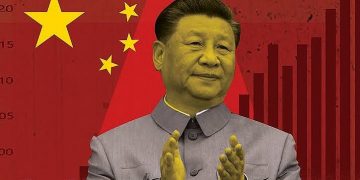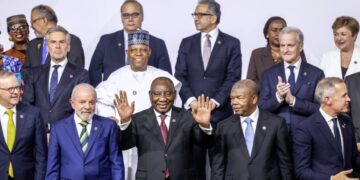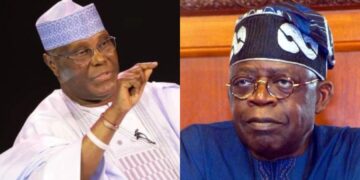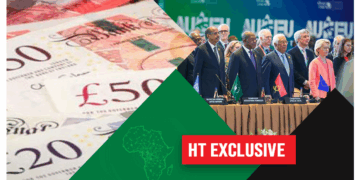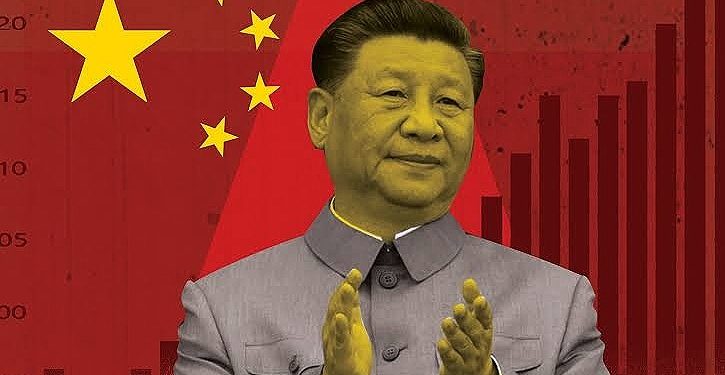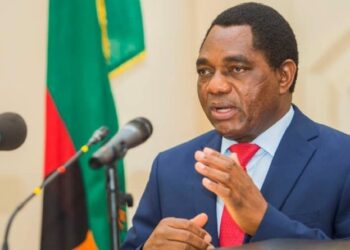By Oyintari Ben
The political elite of China officially backed Xi Jinping’s historic third term as president on Friday, cementing his hold over the country and making him the longest-serving head of state of Communist China since its inception in 1949.
At a ceremonial vote held Friday in Beijing’s Great Hall of the People, Xi was reappointed as president for a further five years by China’s rubber-stamp legislature.
This highly choreographed political theatre performance was intended to show the legitimacy and cohesion of the ruling elite.
A standing ovation was given to him after receiving 2,952 unanimous votes.
The re-appointment of Xi, China’s most influential and autocratic leader in decades was generally considered a formality after the 69-year-old won a precedent-breaking third term as the leader of the Chinese Communist Party last fall.
The position of president or “state chairman” as it is known in Chinese, is primarily ceremonial.
Actual authority lies in the military and party leadership positions, which Xi also holds and is reappointed to during a significant Communist Party congress in October.
His re-appointment officially completes the transition into a second decade in power as head of state.
On Saturday, Li Qiang, one of Xi’s most dependable proteges, is anticipated to be chosen as China’s premier.
The premiership has historically been a powerful position in charge of the economy.
However, during the past ten years, thanks to Xi, who has essentially taken over all decision-making, its influence has been drastically diminished.
The National People’s Congress (NPC) selected several significant state officials on Friday, including Zhao Leji as the body’s head and Han Zheng as the nation’s vice president.
In the Great Hall of the People, the newly elected leaders publicly swore allegiance to the Chinese constitution.
The NPC, including creating a national data bureau, a financial regulatory organisation, and an updated science and technology ministry, also authorised a comprehensive plan for reforming State Council institutions.
The revamp is viewed as a further move by Xi to bolster Communist Party control over crucial decision-making domains.
Xi has now stepped into uncharted historical waters.
Even Chairman Mao Zedong, who founded the Communist Party of China, had not been the head of state for more than ten years.
In a ceremonial vote in 2018, China’s legislature eliminated presidential term limits, thus granting Xi the right to continue in power indefinitely.
